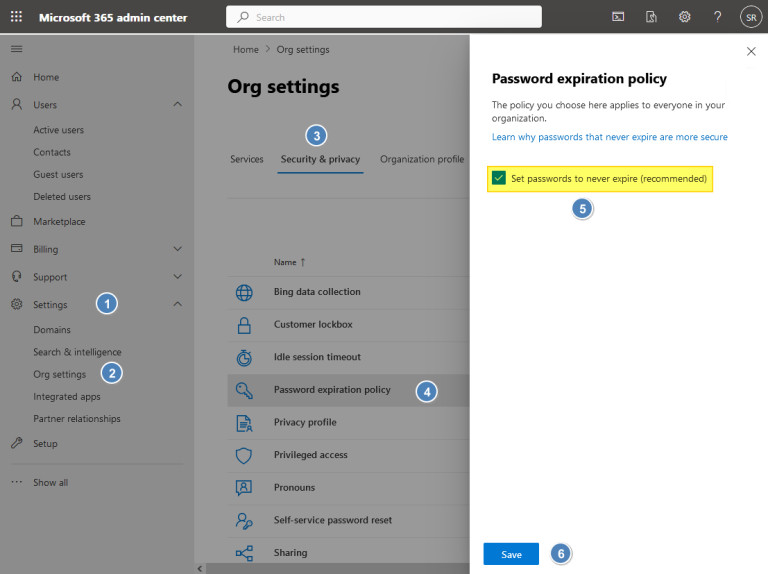A man who exposed his penis to a line of police officers during mob violence has been jailed. Thomas Ward, 35, was also seen in social media footage throwing a plank of wood at police during unrest in Manchester's Piccadilly Gardens on 3 August.
The father-of-five had deliberately targeted female officers when he "waved his penis", Manchester Crown Court heard. The clash was part of a nationwide outbreak of unrest sparked by misinformation spread online after a stabbing attack in Southport which left three children dead on 29 July.
Ward, of Colliery Street in Manchester, appeared via videolink from HMP Birmingham after previously pleading guilty to violent disorder and exposure. Verity Quaite, defending, told the court Ward had been "lashing out" on the day after being told his father was terminally ill.
Ward could be seen making the sign of the cross as Ms Quaite described how he was "unlikely to see his father again". The court heard he had 123 offences on his record.
Judge Patrick Field, KC, said it was fortunate no-one had been hurt when Ward "launched" the plank of wood. "Furthermore you decided it was appropriate to expose your penis to the line of police officers," he added. "You waved it about, clearly intending to cause alarm, distress and disgust.
"It perhaps aptly demonstrates how ridiculous your behaviour was on this occasion.”
Ward was jailed for two years and eight months.
The Role of Social Media in Violent Disorder
The disorder in Piccadilly Gardens was part of a wave of unrest after the Southport stabbings, a tragedy that was exploited by misinformation spread on social media platforms. This misinformation, often targeting specific groups, played a significant role in fueling the unrest, prompting individuals to engage in acts of violence and disorder. The case of Thomas Ward, who was seen throwing a plank of wood and exposing himself to police, exemplifies how social media can be misused to incite and amplify tensions. This case highlights the urgent need for social media companies to take proactive measures to combat the spread of misinformation and hate speech, and to promote responsible online behavior.
Misinformation and the Spread of Violence
The Southport stabbings, a horrific incident that took the lives of three children, was quickly manipulated and distorted on social media platforms. Misinformation regarding the nature of the incident and the identities of the perpetrators was disseminated, contributing to a climate of fear and distrust. This distorted narrative fueled public anger and resentment, leading to the eruption of violence in various parts of the UK, including Manchester. The case of Thomas Ward serves as a stark reminder of how misinformation can have devastating consequences, leading to real-world harm and endangering public safety.
The Consequences of Unrest
The unrest in Manchester and other parts of the UK had a profound impact on communities, disrupting daily life and leaving a trail of damage. The incidents highlighted the vulnerability of society to the manipulative power of misinformation and the importance of critical thinking in navigating the digital landscape. The case of Thomas Ward underscores the need for individuals to be discerning consumers of information and to resist the temptation to engage in violence based on distorted or misleading narratives.
The Fight Against Misinformation
Combating misinformation is a multifaceted challenge that requires collaboration between social media platforms, governments, and individuals. Social media companies have a responsibility to implement robust measures to identify and remove misinformation, promote transparency, and empower users to report harmful content. Governments need to address the legal and regulatory frameworks surrounding online content, ensuring that platforms are held accountable for the spread of misinformation. Individuals must develop critical thinking skills, be discerning consumers of information, and be wary of content that evokes strong emotions or promotes division.
A Call to Action
The events in Manchester and other parts of the UK serve as a stark warning about the dangers of misinformation and the potential for online narratives to incite violence. It is time for a collective effort to combat the spread of misinformation, promote critical thinking, and build a more informed and resilient society. Only then can we hope to prevent the tragic consequences that can result from the manipulation of information in the digital age.


















